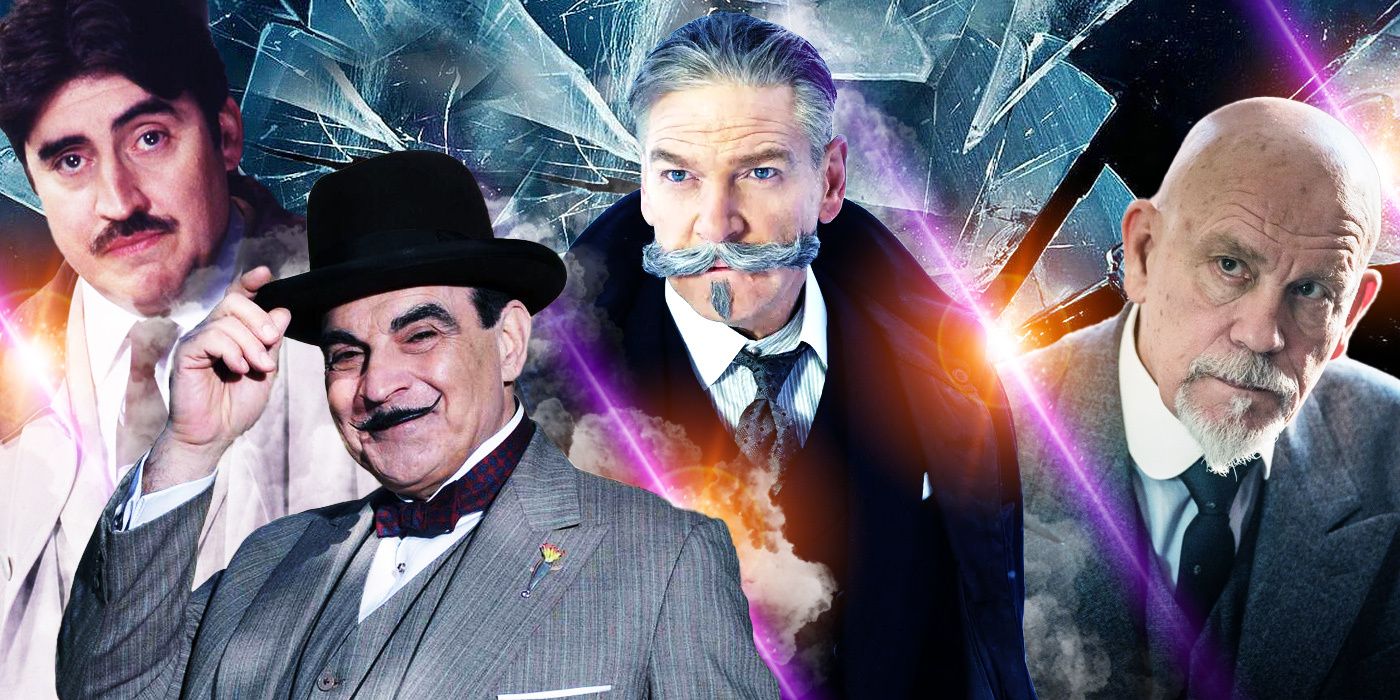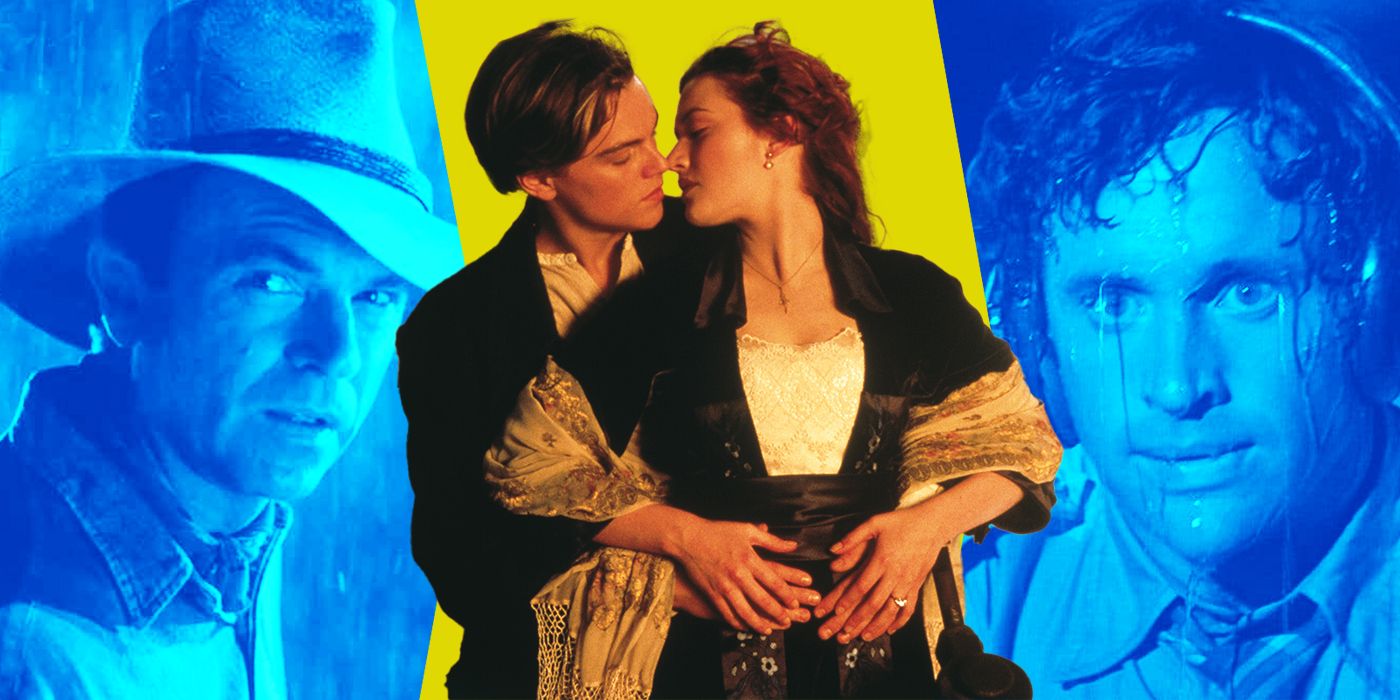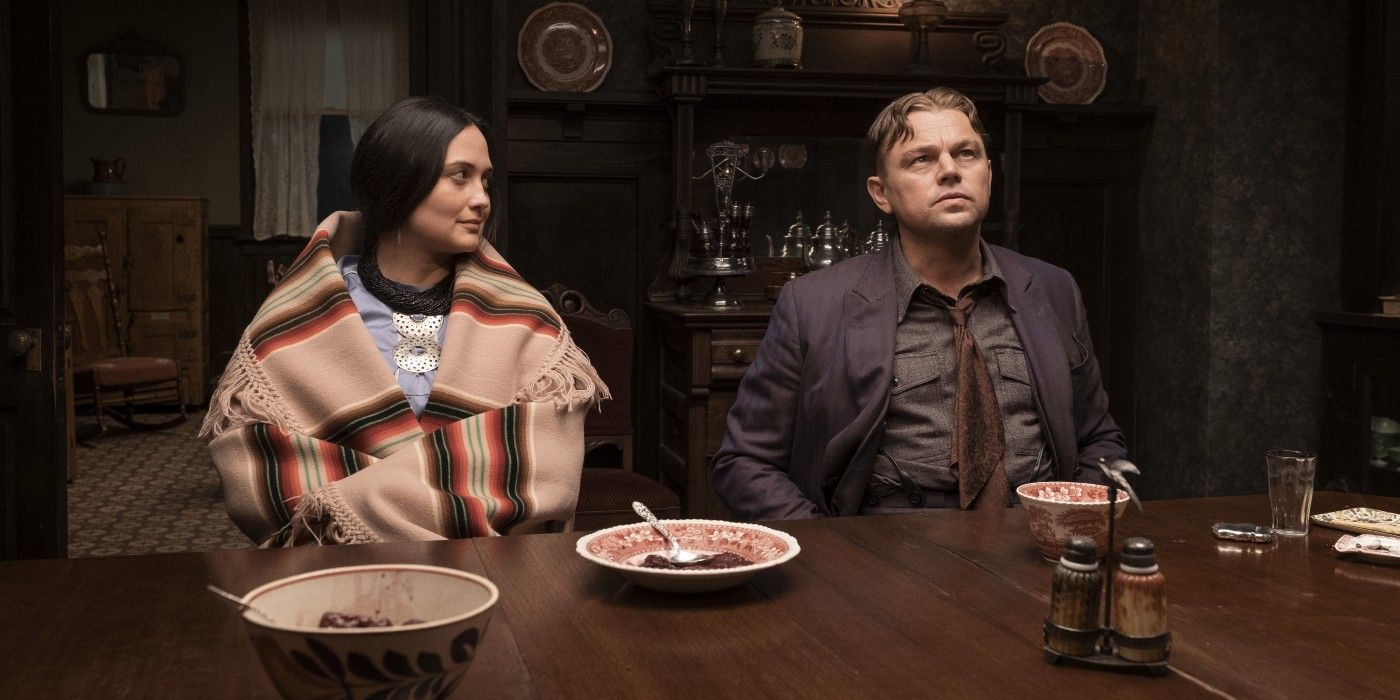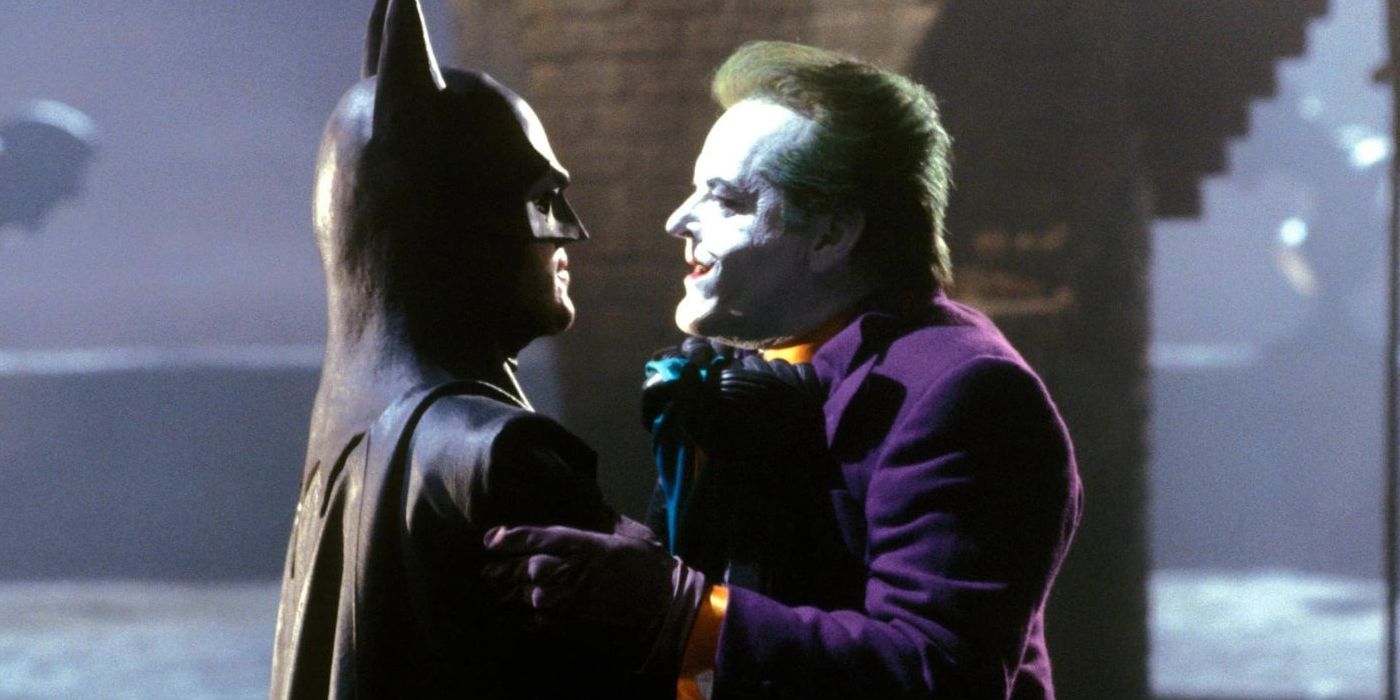The Big Picture
- Alfred Molina’s Poirot is a quieter observer compared to Kenneth Branagh’s dramatic and eccentric portrayal of the Belgian detective.
- Branagh’s modern adaptations of Agatha Christie’s mysteries have veered into supernatural thriller territory.
- Molina brings a serious tone to the role, staying true to the character’s observant and non-action-oriented nature.
Alfred Molina takes on the role of Hercule Poirot in the 2001 TV movie Murder on the Orient Express. He knows how to deliver a dramatic performance like he did three years later when he became Spider-Man 2’s mad scientist, but his first and only outing as the Belgian detective brings a quieter side compared to Kenneth Branagh’s eccentric and excitable portrayal. Molina’s performance might be the more favorable take on the sleuth. For those who prefer their Poirot to remain an observer rather than a haunted and tragic hero, he ends up in the hands of Branagh. Agatha Christie is known as the “Queen of Crime” for how well-plotted her mysteries are with clues or red herrings in the right place. Should any film or TV adaptation try to rearrange too much of the puzzle, it can suffer from it. This has been happening with Branagh’s trilogy, each installment changing more and more until A Haunting in Venice (2023) transforms a cozy whodunit into a supernatural thriller. Branagh wants to modernize his adaptations, but it wasn’t the first time Christie’s sleuth has been reworked to adjust to a changing audience. Molina’s TV movie did it first.
Murder on the Orient Express (2001)
Hercule Poirot, now in modern times, investigates the famous crime on the famed train with a modern twist.
- Release Date
- April 22, 2001
- Director
- Carl Schenkel
- Cast
- Alfred Molina , Meredith Baxter , Leslie Caron , Amira Casar , Nicolas Chagrin , Tasha de Vasconcelos , David Hunt , Adam James
- Runtime
- 100 Minutes
- Writers
- Agatha Christie , Stephen Harrigan
Alfred Molina Is Quieter As Hercule Poirot Than Kenneth Branagh
In Murder On the Orient Express (2017), there are jarring moments for fans of the mystery Agatha Christie wrote in 1934. Hercule Poirot (Branagh) solves a crime in the opening minutes, using his walking cane to flip a killer head over heels while they sprint away from the police. It’s as dramatic as the magnificent mustache that sits above his lips. Branagh turns the sleuth into an agile hero, who has the smarts and the speed to catch the killer for a scene that is a blatant way to kick up the energy of a cozy whodunit formula for modern viewers. Alfred Molina’s version sticks to the observant figure Poirot is known as.
In the opening of the TV movie, Poirot is also shown at the end of a previous case, but he demonstrates his clever deduction without breaking a sweat. When the killer tries to run from the police, Poirot watches, having done his part in solving the case. He is known as the “Sleuth Supreme,” and lives up to that title, but never once does he prepare to physically take on the killer. That is what the nearby authorities are for. His Poirot is considerably less dramatic as well. He doesn’t shave away the mustache that is a signature trait of the character, rather Molina wears a perfectly trimmed one, but nothing as extravagant as Branagh’s fanciful swirl of facial hair. Molina’s portrayal has a serious tone, unlike the giggly or angrier one by Branagh. This is a specific acting choice, as Molina can absolutely play a diverse range of characters with high emotions.
Poirot Is Different From Alfred Molina’s Dramatic Roles
Molina’s time in the Spider-Man world let him become one of the best on-screen supervillains in both 2004 and his multiveral return in Spider-Man: No Way Home. He balances the two sides of the Spidey foe, the hammy Doc Ock, corrupted by the mechanical tentacles, and the poignancy of Dr. Otto Octavius clinging to his sanity. In a more recent role, he’s a disheveled ex-lawyer being eaten alive by guilt in Promising Young Woman, an uncredited, small role that Molina never wastes a minute to act the hell out of. The actor has a career full of very different characters, and when it comes to Molina’s “Sleuth Supreme,” he hardly lets a perpetual stern expression leave his face.
This version also gives Poirot a love interest when he meets with Vera (Tasha de Vasconcelos) during the opening. He’s a man of justice, and she’s an on-again-off-again thief, a dynamic that seems to be inspired by Sherlock Holmes and Irene Adler. Vera can see through their differences though, wishing they could accept their romance, but it’s something Poirot can’t agree with. Their interaction happens in a club, the two lit with spots of pink and white light, leaving deep shadows to fill the remaining space, a stylized way to highlight their passion that is drifting. They part ways, but it doesn’t nearly feel as tragic as the romances Branagh’s detective can never have luck in.
In Death on the Nile (2022), the sleuth is given a backstory where he has lost the woman he loved. Unable to move on, he can’t bring himself to admit his new feelings for another potential romance with Salome (Sophie Okonedo), who is also a murder suspect, to complicate things further. There isn’t a detailed backstory for Molina’s performance, and Vera’s departure early on means a love interest isn’t ingrained within the murder mystery. This early 2000s Poirot resembles a typical kind of cozy whodunit sleuth where the focus is on the puzzle, and there is one big surprise that viewers will notice right away as he heads onto his train.
This Agatha Christie Murder Mystery Is No Longer a Period Piece
The world is no longer set in the pre-World War II 1930s. The story gets pulled into the modern day, or as modern as when it was released, switching from the 1930s and dropping the Belgian sleuth in 2001. Gone are the ’30s costuming and jargon, which some fans may say is what infuses the mystery with so much decadence. Hercule Poirot rides the elegant train, and it isn’t too long until a fellow passenger, the vile Ratchett (Peter Strauss), is found stabbed to death in his compartment. Just as obvious as the change in decades is one of the more interesting results of a contemporary setting.
Technology pops up throughout the mystery. Ratchett, when he’s breathing, is blackmailed by being sent a mysterious VHS tape. Poirot watches as Ratchett shows his anger, breaking the tape apart and stomping on it. Later, while searching the now-dead Ratchett’s compartment, Poirot finds something. “It appears to be a stylus,” he says, “it’s used for entering data into handheld computers.” The tech isn’t just throwaway items to help viewers remember the story is in the 2000s, after Ratchett’s murder, there are important clues Poirot requests to be found. He fixes the tape as best as possible, so it can be played on a TV, where a recording of a news report offers a glimpse of a young girl, Daisy Armstrong, before static consumes everything.
But Poirot has seen enough to recall the pain and misery that followed when the girl was murdered. In Branagh’s adaptation, a black-and-white flashback sequence is utilized with a sad score underneath it. That can detach the viewer from being invested in this backstory, but they can feel like an active participant when Molina gets to see the footage and uses a handheld computer to search for additional info on the Armstrong tragedy. The Belgian detective may piece together this mystery by using technology when he can, yet he doesn’t forget his “little grey cells,” and he still interacts with his costars to find out their potential motive for killing Ratchett.
1:49

This 2000s Horror Miniseries Resembles the Best Agatha Christie Adaptation
This 2009 series takes the horror of mystery to a whole new level.
Alfred Molina’s Time As Poirot Shouldn’t Be Forgotten
Branagh seems to be eager to make changes to the source material, with a focus on action-hero antics and thriller elements. There’s a surprise foot chase in 2017’s Murder on the Orient Express;the ending to Death on the Nile is intensified by not just having the killers aim a gun, but Poirot and Salome pulling out their own like the scene is out of a Spaghetti Western. When Branagh made A Haunting of Venice, his creative decision to adapt it as a horror movie seemed to finally let him make the unique adaptation he had been trying to do. Alfred Molina gets to join the lineup of famous actors who have played the Belgian detective in this Agatha Christie whodunit, and, as per usual, his travels turn him into an omen of death.
The irony of updating Poirot to have him use contemporary tech from the early 2000s is how the VHS tape and handheld computer are now vintage relics. But Murder on the Orient Express is a popular story that can never escape a new creative spin, whether in movies or TV. Surely, there will be another inevitable remake at some point, where a new actor will get to wear the mustache and uncover the secrets and lies onboard the luxury train. While this TV movie is difficult to purchase, it’s worth seeing to spot the story changes and Alfred Molina’s performance, in a murder mystery that has been remade so many times. It’s just the rare one where the sleuth gets pulled into the 21st century.
Murder on the Orient Express (2001) is available to buy on Amazon Prime Video in the U.S.
Buy on Amazon





